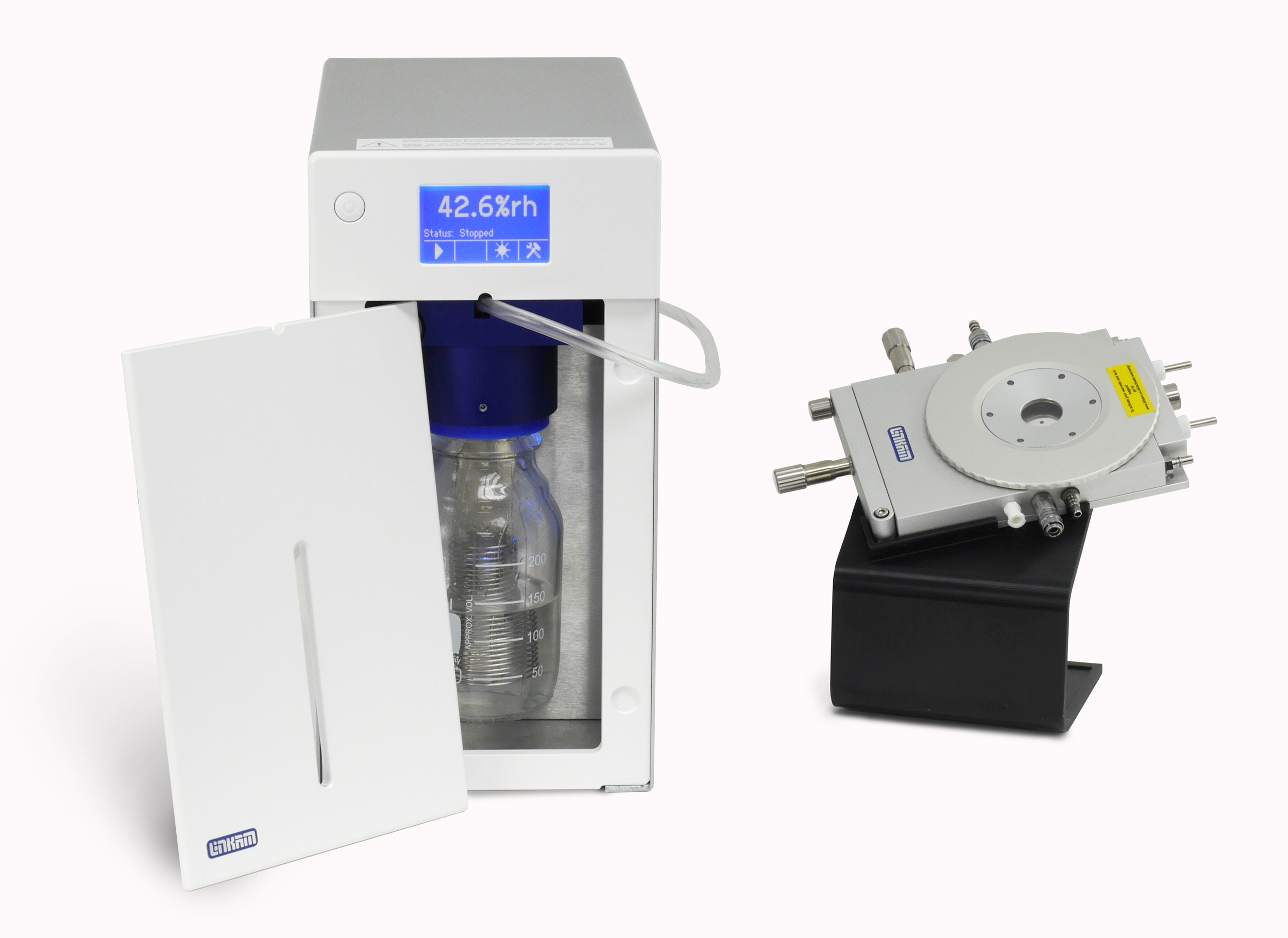Linkam will be supporting the first UK hands-on workshop on ‘Correlative Light and Electron Microscopy', being held at the Francis Crick Institute in London from September 21st to 25th.
The workshop is organised by Raffa Carzaniga, Lucy Collinson and Paul Verkade, and will take place in alternate years with the European EMBO CLEM course in Bristol (next course in July 2016), enabling us to train more of the UK community in a wide range of CLEM techniques. The workshop will include detailed hands-on tutorials for 8-10 participants organised into groups of 2 people per tutor to maximise contact time, covering high pressure freezing and freeze substitution; preservation of fluorescence in-resin for integrated microscopy; plunge freezing, cryofluorescence and cryoEM; Tokuyasu cryosectioning and immunolabelling for correlative experiments; and 3D CLEM using Serial Block Face SEM.
The Linkam CMS196 Cryo Correlative stage will be used during the workshop so students will be able to get practical experience of the system and see how it fits into the Cryo-CLEM workflow.




